Hormone imbalance silently raising blood pressure in young adults: Experts
Sun 09 Nov 2025, 01:03:20
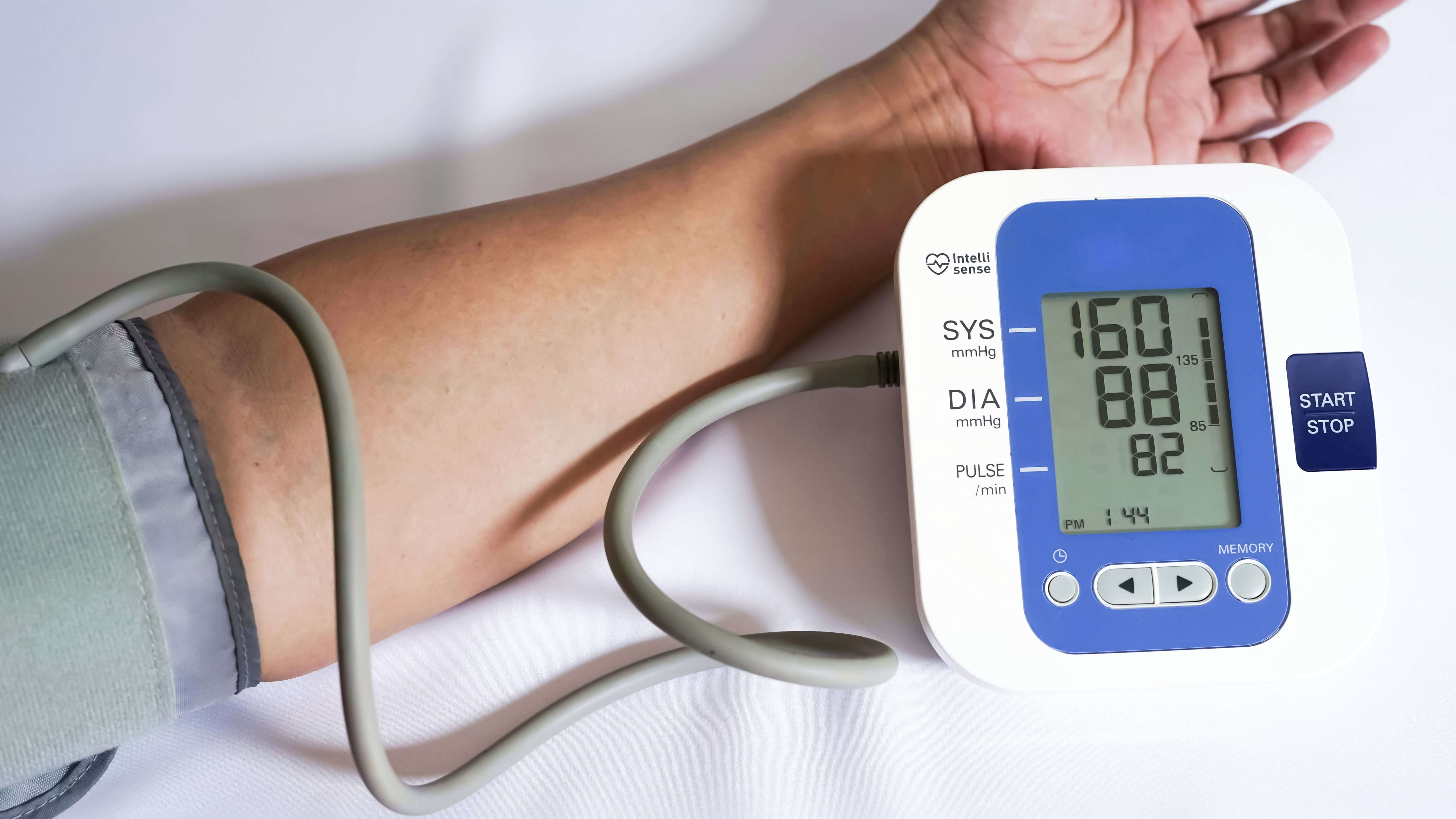
High blood pressure used to be something people worried about after 40. Today, more young professionals in their 20s and 30s are being diagnosed with hypertension, often assuming it’s just work stress, caffeine, or long nights doing the damage. But what if there’s more to it than lifestyle?
According to Dr Sweta Budyal, Senior Consultant – Diabetology & Endocrinology, Fortis Hospital, Mulund, one lesser-known cause of early-onset hypertension is Primary Aldosteronism (PA), a hormonal disorder that’s both underdiagnosed and, thankfully, treatable. “We are seeing a rise in younger patients whose hypertension doesn’t respond to medication. In many such cases, the root cause is hormonal imbalance rather than stress,” she explains.
What is Primary Aldosteronism?
Primary aldosteronism arises when the adrenal glands, two small structures that sit atop the kidneys, make too much of the hormone aldosterone. Aldosterone is a hormone that helps control sodium and potassium levels in the body. Excessive levels of aldosterone lead to sodium retention and potassium wasting, resulting in typically severe and difficult-to-control hypertension.
Recent global studies suggest that around 5–10% of all hypertension cases, and up to 20% of resistant hypertension cases, are linked to PA, yet most people have never heard of it.
Why young Indians should pay attention
India’s young urban population is facing new health risks tied to erratic sleep, processed diets, and chronic stress. But when hypertension strikes before 40 — especially if blood pressure remains high despite medication, or if there’s muscle weakness and low potassium, doctors say a hormonal cause must be ruled
out.
out.
“Diagnosing Primary Aldosteronism early can change the entire course of treatment and prevent heart, kidney, and stroke complications,” says Dr Budyal.
What happens if it goes undiagnosed
Unchecked aldosterone doesn’t just raise blood pressure; it silently damages the heart and blood vessels. Over time, it increases the risk of heart attack, stroke, arrhythmias, and kidney disease. Many young adults brush off warning signs, assuming standard hypertension pills are enough. Unfortunately, this delays detection of a potentially curable condition.
The good news: It’s treatable
Diagnosis is straightforward. Simple blood and urine tests measuring aldosterone and renin levels can confirm the condition. “In many cases, medications that block aldosterone work beautifully,” Dr Budyal notes. “And if a benign adrenal tumour is the cause, minimally invasive surgery can completely cure it.”
The earlier the diagnosis, the better the recovery and in many cases, normal blood pressure can be restored without lifelong medication.
Who should get tested?
Doctors recommend hormonal screening for those who:
. Develop hypertension before 40
. Need multiple drugs to control blood pressure
. Have a family history of early-onset hypertension or stroke
. Have unexplained low potassium levels
Dr Budyal adds, “Testing for hormonal causes of hypertension isn’t optional anymore; it’s a necessity. It can prevent years of silent damage to vital organs.”
Early hypertension isn’t always a lifestyle disease; sometimes, it’s your hormones sounding the alarm.
No Comments For This Post, Be first to write a Comment.
Most viewed from Health
AIMIM News
Latest Urdu News
Most Viewed
May 26, 2020
Should there be an India-Pakistan cricket match or not?
Latest Videos View All
Like Us
Home
About Us
Advertise With Us
All Polls
Epaper Archives
Privacy Policy
Contact Us
Download Etemaad App
© 2026 Etemaad Daily News, All Rights Reserved.

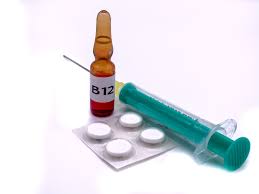


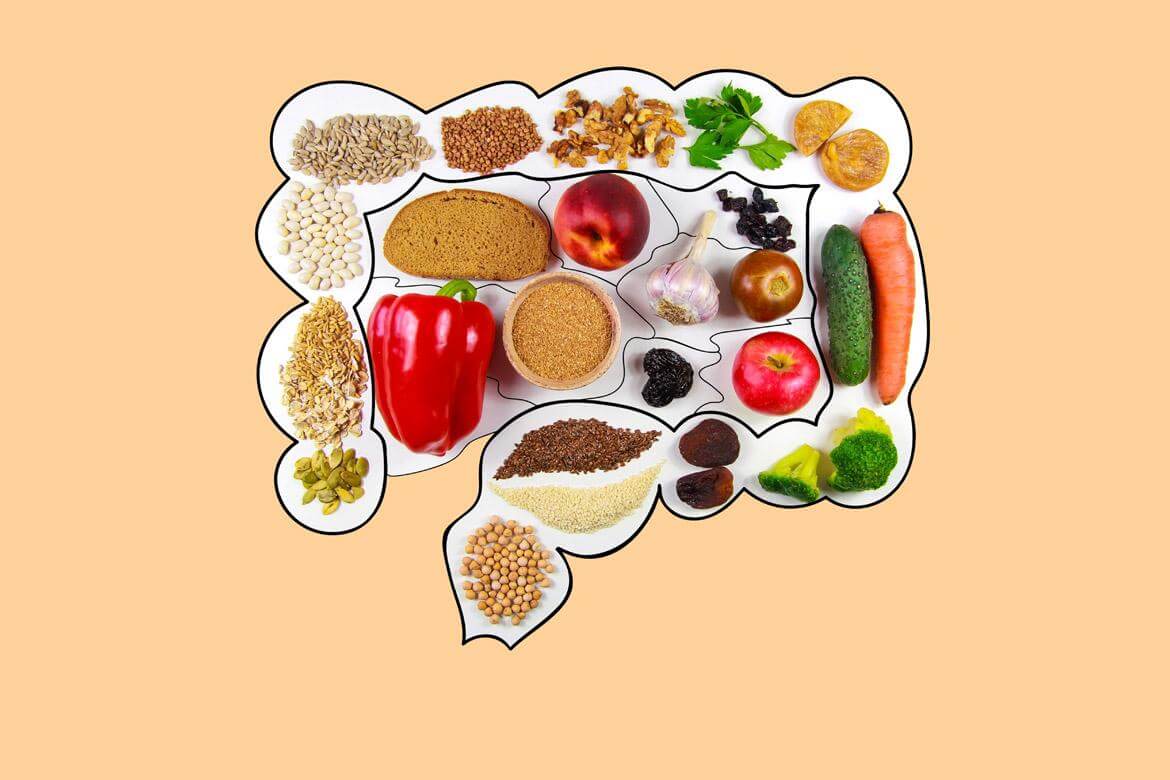


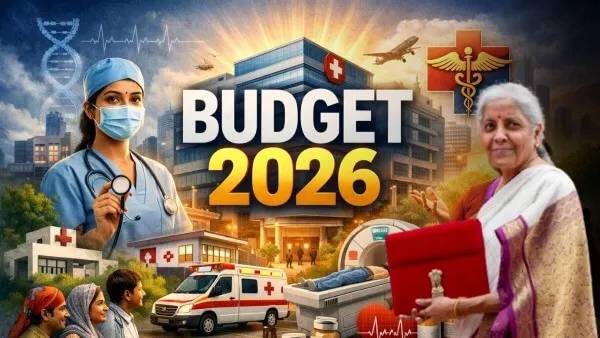

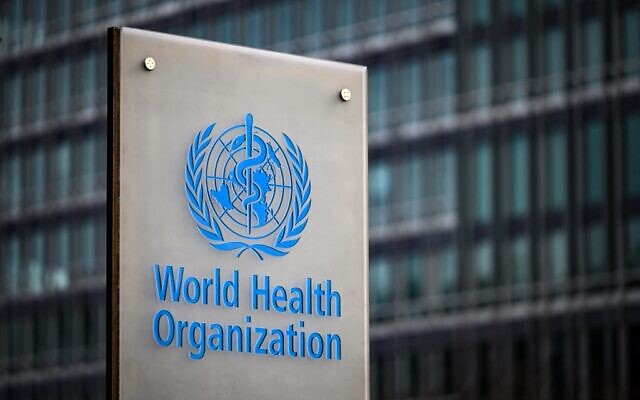















.jpg)
.jpg)
.jpg)


